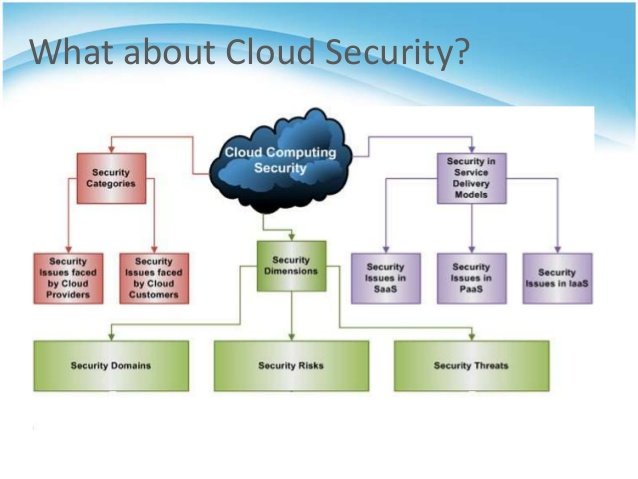With the advent of faster Internet connections, a new tech industry has been born.
In the time of the dial-up Internet, programmers had to calculate the size of the webpages they make in order to facilitate a better experience for the visitors of their site. But when the Internet connection became relatively faster, the sizes of webpages did not matter as much anymore. Early programmers would tell you that they had to calculate compilation time when writing code since teachers would insists the more lightweight the program is, the better (which still is true to some extent by the way).
Cloud Computing has change literally the landscape of what companies look like. Just a few years ago, a company requiring servers and large file storage would require a specialize room to set-up all that hardware. The hardware would have been a bulk of the initial investment a starting company must deal with. With Cloud Computing, this tech aspect has been handled by third party providers. Costs are generally lesser when a company chooses to outsource their service and storage needs as compared to buying and maintaining all that delicate equipment.
The road to finding better solutions is not always easy though for the task of connecting over the Internet for your server and storage needs will always be a security hazard. The concept is great, but there are a lot of individuals and groups out there that would want to do your company harm either for profit or for pure mischief.
When it comes to issues with cloud computing, these are some of the ones you need to pay special attention to.
- Data Transfer
All the data that goes from your local network to the cloud service you are subscribe to passes through the Internet, which is like a jungle with no laws. The best way to protect you and your data from prying eyes is to adhere to the current Internet Protocol Security standards, meaning your data must be encrypted and subsequently authenticated. Also be wary of sites that do not have an HTTP Secure address, although the site owners might mean no harm, third party attackers could have compromise the site to ensnare unsuspecting visitors.
- Data Storage
Getting the data safely through is one thing, and keeping it safe in storage is another thing. Think of banks that not only keep you from spending all your money in a drunken stupor, the bank also keeps bandits and thieves from laying a finger on your money while they have it on their highly secured safe. Your service provider must no less have an efficient system of data storage encryption and key deletion when disposing of data. It is good to have them clarify this aspect just right before you sign-up for their service.
- Data Access Control
Normally when you have your servers in-house as well as your storage units, there would normally be a strict infrastructure in place that would ensure that neither data breach nor leakage will occur. In cloud computing however, the personnel allowed to manage your data on their storage units is not under your direct control, which is a vulnerability. Directly raise this up during the initial contract discussion to ensure that you are sensitive about who gets to access your data.






